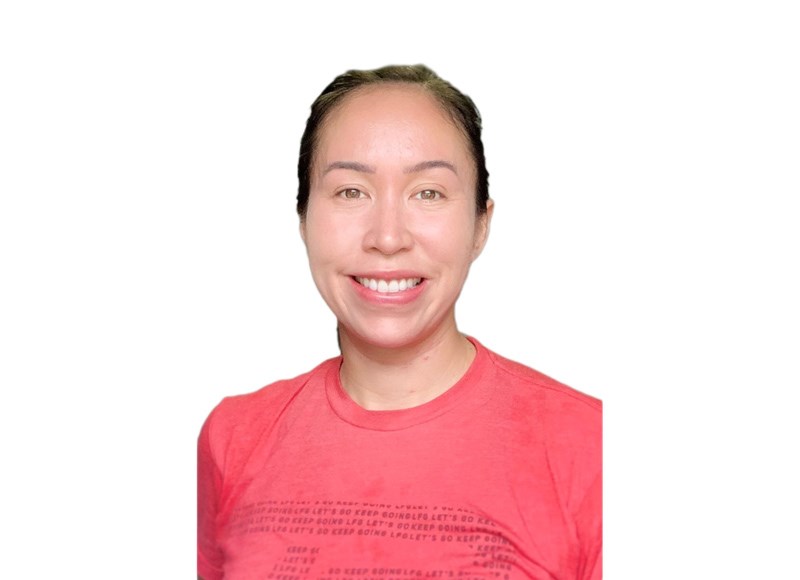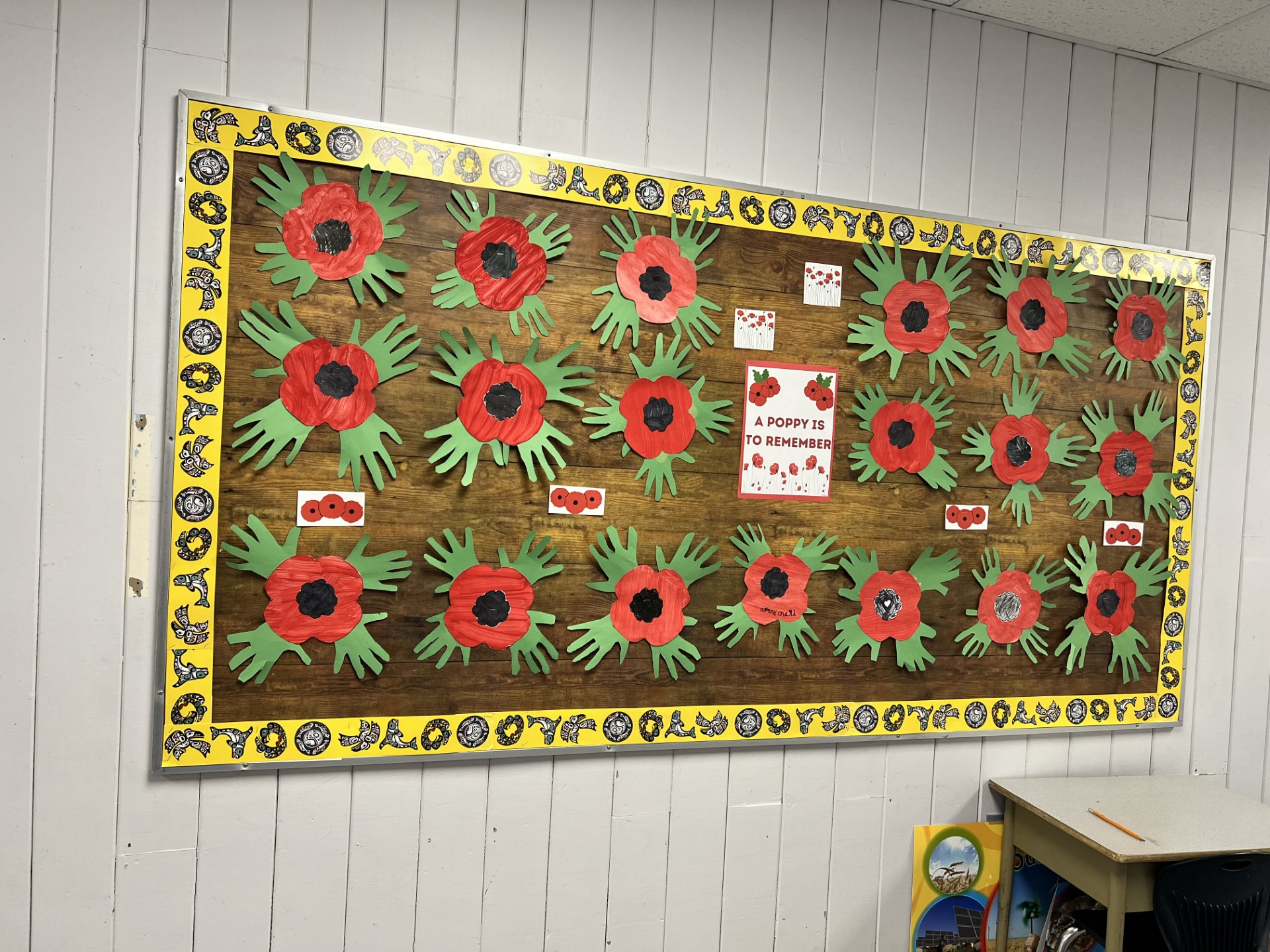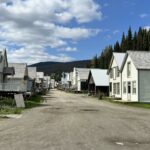On November 3rd, the entire education cohort got the opportunity to hear from newly elected school trustee, Erica McLean. I connected with Erica’s story and journey right away because her goal in postsecondary was to help people, so she started in social work and then transitioned over to education. My journey to the education program started in a very similar way- I got into the nursing program so I could help people, but I quickly realized this was not the way I wanted to do this, so I switched to education after a year. The main goal behind this decision was exactly the same for me as it was for Erica- I wanted the chance to make a difference in children’s lives and to be an important and integral part in helping to shape children to become the people they want to be. Erica talked about how she has had the opportunity to work in 33 different schools, so she got to see the social landscape and what the needs looked like in each individual school. What she found was that in the school system today, systemic racism is still a problem that exists, but the main focus in schools right now is Indigenous culture and language and those are factors that already seem to be very strong. Where the problem truly lies is there are lots of Indigenous students currently experiencing trauma and poverty. By emphasizing Indigenous language and culture in the school and classroom settings, Erica says we are idealizing what it means to be Indigenous and taking away from what it truly means to be Indigenous. I had never thought about Indigenous education in schools through this lens before, but it made a lot of sense to me. I realize now that when I become a teacher, it will be important to keep this in mind so that I am focusing on all the aspects, positive or negative, that truly make people Indigenous and not just what I or the school system think this means.
Erica explained to us that a systemic healing approach is often taken when it comes to reconciliation, but she said that we cannot forget it is a personal journey just as much as it is a systemic journey. This was shown when people reacted to the Pope’s visit this summer- some felt like this helped them to forgive and to move forward towards reconciliation, while others felt like this is not enough and that nothing ever would be for them to ever feel okay again. Erica also goes on to explain that everyone is at a very different place in their healing journey from the events of the past and also on working towards reconciliation. She said that for our own reconciliation journeys, we have to recognize this as well as be accepting of the fact that we cannot control others actions, what other people choose to do, or what has happened in the past. This idea has been reiterated to me a few times in this program already- through Cecilia Reekie’s moment of reconciliation with church bells and through the words of the Indigenous Elder after the Scattering of Man Documentary. Because of this, I know it will be important to keep working towards my own personal journey of reconciliation in both my personal environment and the classroom environment. I am very glad Erica had the chance to come into our class today and I am excited to see what she can accomplish as a school trustee during these next four years.






